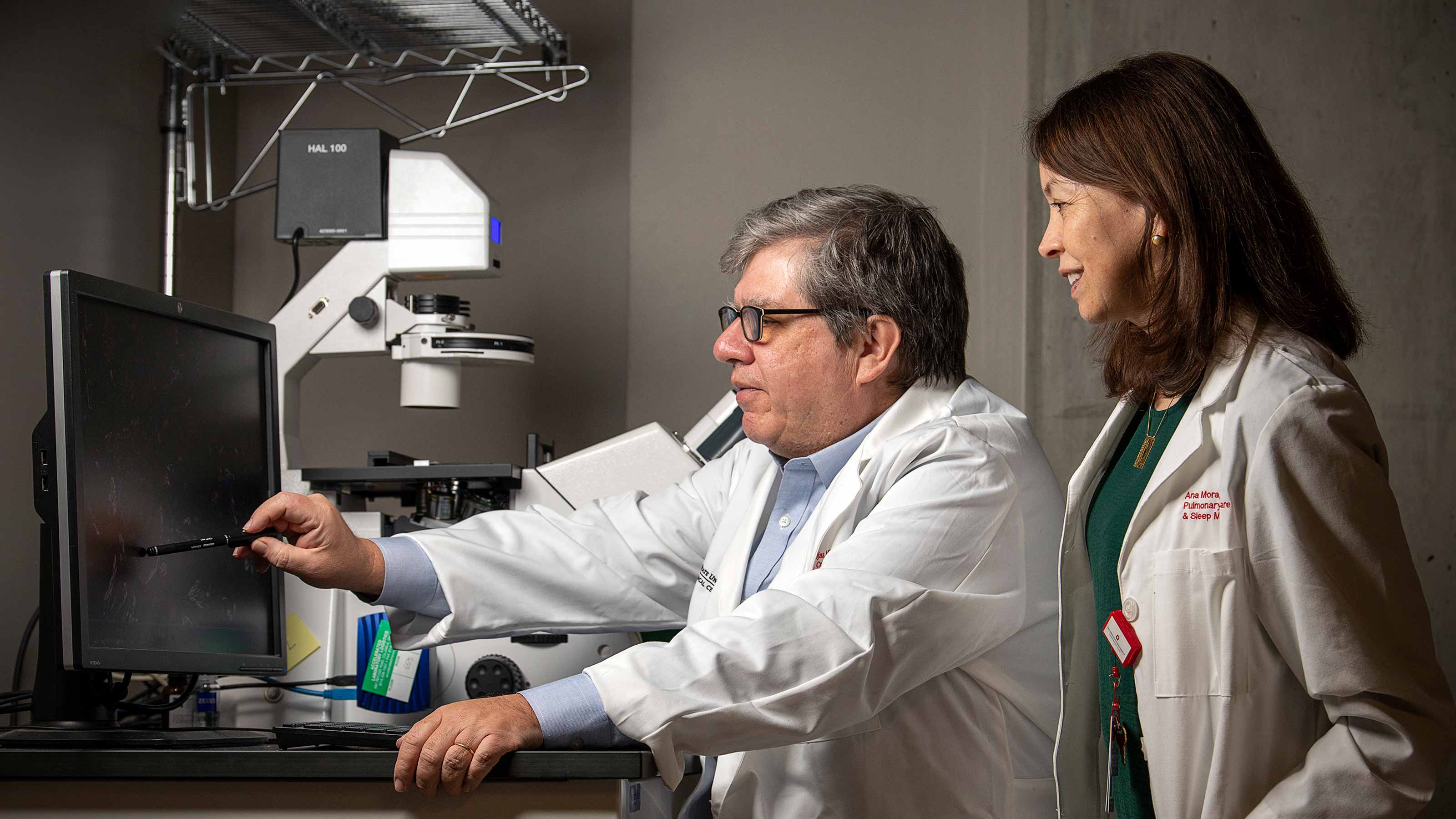Study: An increase in gender-affirming surgery is associated with nondiscriminatory legislation

Gender-affirming surgery can often benefit patients who are gender-diverse or gender-dysphoric, but access to this surgery is frequently limited by restrictive legislation and the specifics of insurance policies.
That’s why researchers from The Ohio State University Wexner Medical Center and The Ohio State University College of Medicine wanted to explore how California legislation influenced utilization of gender-affirming surgery among the state’s residents.
Prohibiting discrimination was associated with an increase in use of gender-affirming surgery
California’s Insurance Gender Nondiscrimination Act, implemented in 2013, prohibits insurers and health plans from limiting a patient’s health benefits based on the person’s sex, gender, gender identity or gender expression.
In a study published this month in the Journal of the American Medical Association (JAMA), researchers found a 12.1% increase in the likelihood of patients having gender-affirming surgery in California than in Arizona or Washington, which haven’t implemented similar policies.
Gender-affirming surgery is medically necessary, researchers say
Gender-affirming surgery of the face, chest or genitals is considered medically necessary and is cost-effective as a health intervention, says Adrian Diaz, MD, MPH, a general surgery resident in the Department of Surgery at the Ohio State College of Medicine and senior author of the study.
According to the study, at least 1.6 million Americans identify as transgender or gender-diverse, and about 60% have expressed interest in having gender-affirming surgery.
Why some people seek gender-affirming care
When you see a discrepancy between your gender identity and the sex you’re assigned at birth, you can suffer significant emotional distress from this gender dysphoria, says Nima Baradaran, MD, a urologist who provides gender-affirming care at the Ohio State Wexner Medical Center.
“The goal of gender-affirming care is to reduce this discrepancy as much as possible with medical or surgical interventions,” Dr. Baradaran says.
“It’s about recognizing that people are human and embracing individuals who want to feel more of who they are,” says Amy Moore, MD, chair of the Ohio State Wexner Medical Center’s Department of Plastic and Reconstructive Surgery. “We can provide medical treatment and surgical procedures that can be life-altering.”
The study’s potential impact on the gender-diverse community
The research “demonstrates the power that state legislatures have in implementing nondiscriminatory insurance policies and access to gender-affirming surgical care,” Dr. Diaz says.
Studies also show that, without access to gender-affirming surgery, people have higher rates of depression, substance abuse, suicidal ideation, HIV infection and unemployment.

The findings, the researchers say, are similar to results of the Women’s Health and Cancer Right Act of 1999, which mandated insurance coverage for breast reconstruction and symmetry procedures after mastectomies. After the act was passed, a study found that breast reconstruction surgeries were used 31% more in the year of the legislation’s implementation, and 36% more the following year, in states that didn’t previously have legislation mandating that insurance coverage.
“With the recent trend of states passing restrictive state-level policies limited access to gender-affirming care, we felt it was important to understand the effect of already implemented state-level protective, nondiscriminatory policies,” says Anna Schoenbrunner, MD, a plastic surgery resident in the Ohio State Department of Plastic and Reconstructive Surgery and first author of the study. “This type of research helps inform state legislatures of potential policies that can create a more equitable health care environment within their states.”







